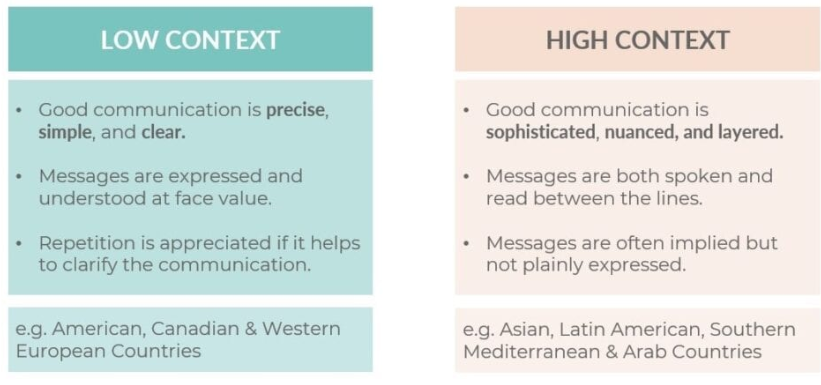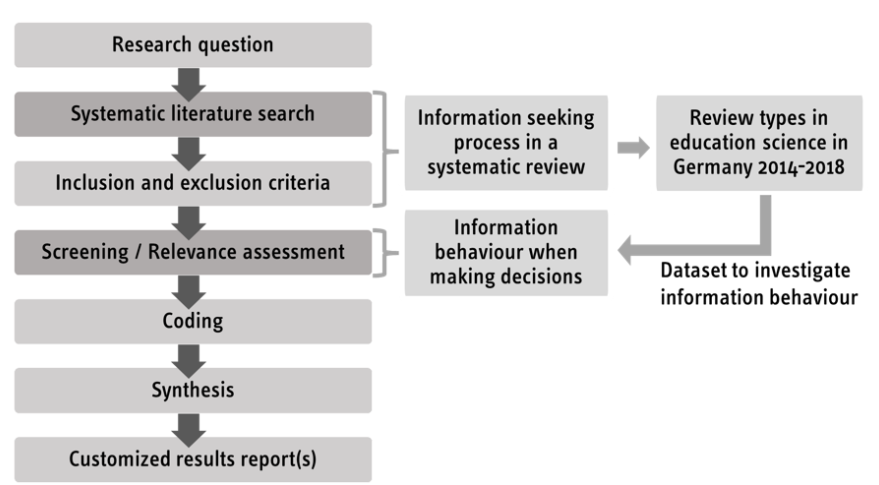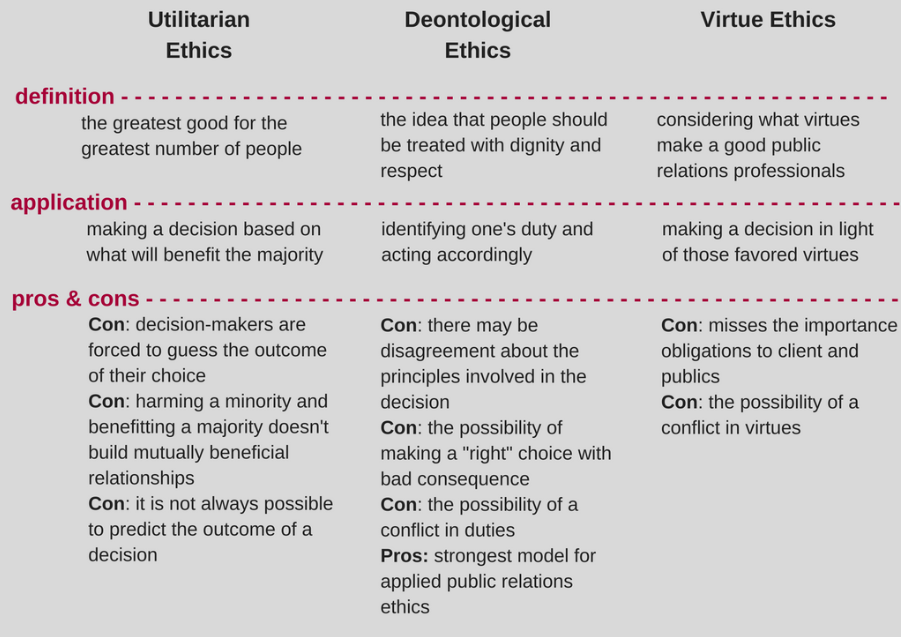Page contents
ToggleCritical thinking and ethics
Ethical decision making and critical thinking are inseparable components of the research responsible. These processes ensure that scientific inquiry adheres to principles of integrity, transparency, and societal trust, while navigating the complexities of cultural and disciplinary diversity. Furthermore, emerging technologies such as artificial intelligence amplify the need for strong ethical frameworks and critical evaluation. This chapter examines the interplay between ethics, cultural influences, and critical thinking, highlighting their collective role in promoting innovation and societal impact.

The importance of cultural context in research
Ethical research practices are fundamental to protecting participants’ rights, ensuring data reliability, and maintaining public trust in science. They help address challenges such as informed consent, confidentiality, and conflicts of interest, while preventing misconduct such as fabrication and plagiarism. At the same time, cultural and disciplinary contexts shape how researchers approach problems, interpret data, and collaborate in diverse teams.
Cultural dimensions influence research by determining communication styles, value systems, and decision-making processes. For example:
- High Context vs. Low Context Cultures : High-context cultures (like Japan or China) rely on implicit communication and collective perspectives, while low-context cultures (like the United States or Germany) favor explicit reasoning and individual logic.
- Individualism vs. Collectivism : Individualistic cultures encourage autonomy and critical questioning, while collectivist cultures emphasize group consensus and tradition.
- Disciplinary diversity : Natural sciences focus on empirical validation, social sciences emphasize qualitative reasoning, and human sciences explore interpretive analysis.
Understanding these cultural and disciplinary nuances is essential to creating inclusive and effective research environments.

Critical thinking in decision making
Critical thinking provides a structured framework for navigating ethical dilemmas and cultural complexities in research.

By promoting systematic evaluation (as shown in the image), logical reasoning and in-depth reflection, it allows researchers to:
Identify ethical issues : Recognize potential risks, conflicts of interest or moral dilemmas.
Evaluate alternatives : Analyze both short-term and long-term consequences.
Justify decisions : Use logical reasoning to articulate clear, evidence-based ethical justifications.
Mitigating bias : Address personal or institutional biases that may influence ethical decisions.
For example :
Informed Consent and Confidentiality : Ensure that participants fully understand the research and that their data is protected.
Conflict of interest : Managing bias arising from personal or financial issues.
Strategies for integrating ethical practices
Use models such as utilitarianism, deontology, or virtue ethics to systematically assess moral dilemmas.

Conclusion
Ethical decision-making and critical thinking are deeply embedded in cultural and disciplinary contexts, influencing how researchers navigate complex challenges. By embracing these dimensions and integrating adaptive frameworks, researchers can responsibly advance knowledge while ensuring fairness, transparency, and societal trust. As research continues to evolve, developing cultural competence and ethical awareness will be essential to sustaining innovation and effectively addressing global challenges.